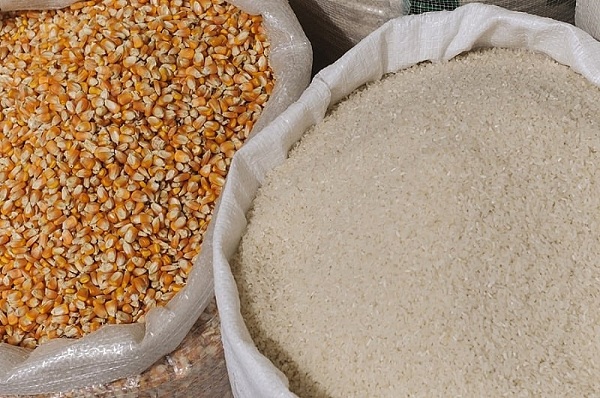The Ministry of Food and Agriculture has introduced minimum guaranteed farmgate prices for three staple crops, giving farmers the option to sell directly to the National Food Buffer Stock Company at fixed rates.
Under the new structure, a 100-kilogramme bag of maize will be purchased at GH¢450, a 50kg bag of rice at GH¢625, and a 34kg bag of gari at GH¢340.
This translates into GH¢4.50 per kilogramme for maize, GH¢12.50 per kilogramme for rice, and GH¢10 per kilogramme for gari.
The announcement was contained in a statement issued by the ministry’s Public Relations Office on September 29, 2025.
The prices were approved by the Producer Price Determination Committee during its first meeting, which took place from September 11 to 12 after its inauguration earlier this month.
According to the ministry, the guaranteed prices are intended to tackle the problem of unsold surplus grains, provide fair earnings for farmers, and stabilise the agricultural value chain.
Farmers have been advised not to sell below the announced prices.
“Any farmer experiencing difficulties with buyers who attempt to purchase below the guaranteed prices should sell their stock directly to NAFCO, where they will be assured of the approved price,” the statement said.
The ministry added that the measures are expected to protect farmer livelihoods, safeguard the grain market, and strengthen national food security.
The Producer Price Determination Committee was set up to guide the pricing of selected agricultural commodities as part of efforts to revive the National Food Security Reserve.
The 10-member body includes representatives from the Ministry of Food and Agriculture, NAFCO, the World Food Programme, the Peasant Farmers Association, the Poultry Farmers Association, the Feed Ghana Secretariat, and the Network of Commercial Agricultural Production.
Earlier this year, President John Dramani Mahama announced a government plan to provide GH¢100 million to NAFCO to revitalise the national food security reserve, which has been empty for some years.
NAFCO is expected to store excess maize, rice and gari to prepare for shortages, disasters or other emergencies. It will also help stabilise prices in lean seasons and reduce post-harvest losses faced by farmers.
Graphic





